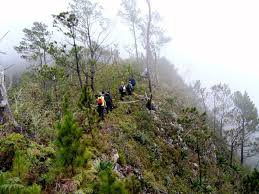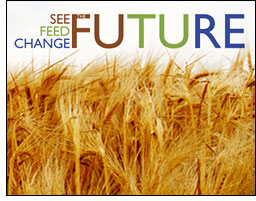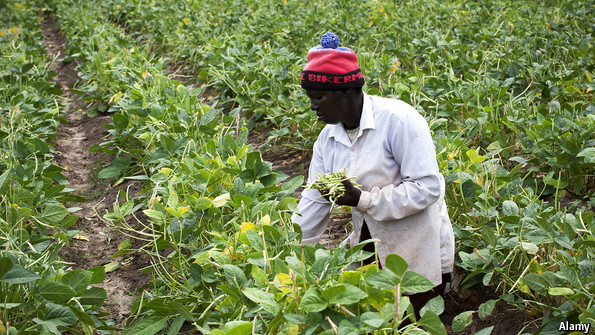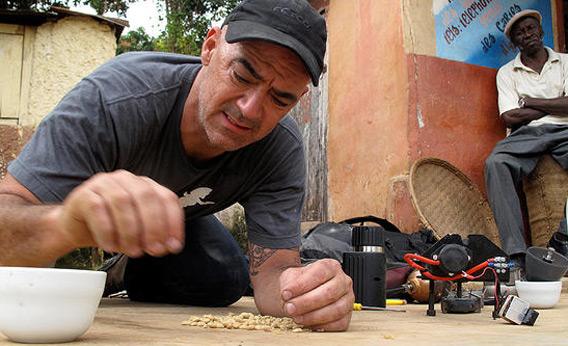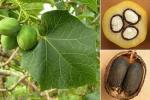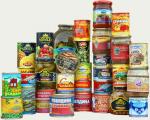As Drought Hammers Countryside, Many in Haiti go Hungry
Many countries throughout the world are stuggling with drought and food insecurity related to El Nino. According to FEWS-NET agricultural production in Haiti is fifty percent below normal and coping mechanisms are being exhausted. Associated Press reporter David McFadden's describes the impact that food insecurity is having on parts of the Haitian countryside. The full article follows.


